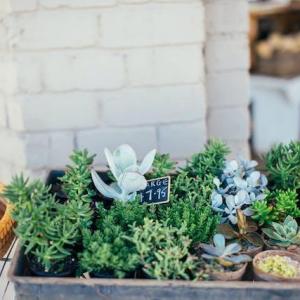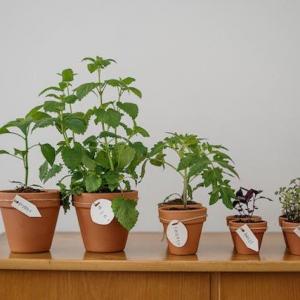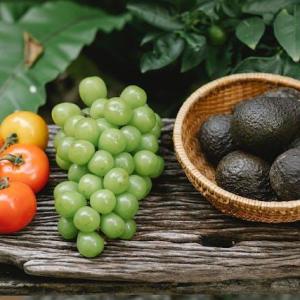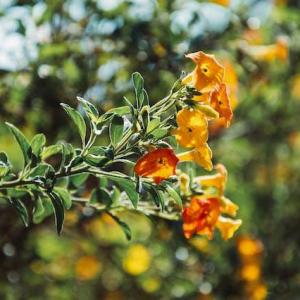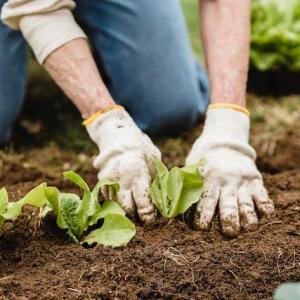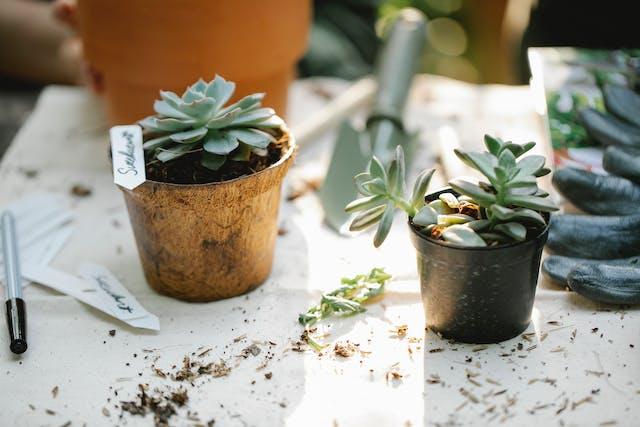
Companion Planting for Pest Management:
Companion planting is a time-tested technique that harnesses the natural relationships between certain plants to control pests. By strategically placing companion plants, you can create a harmonious environment where beneficial insects thrive, deterring harmful pests. For example, planting marigolds alongside vegetables can help repel nematodes, while attracting pollinators like bees. Consider incorporating aromatic herbs like basil and mint, which can act as natural insect repellents, into your garden layout. These herbs not only enhance the flavor of your culinary endeavors but also contribute to a pest-resistant garden. Understanding the synergies between different plant species empowers you to design a garden that naturally mitigates pest issues.Beneficial Insects and Predators:
Encouraging the presence of beneficial insects and predators is a cornerstone of organic pest control. Ladybugs, lacewings, and predatory beetles are natural allies in the fight against harmful pests like aphids and mites. Creating habitats that attract these beneficial insects, such as providing shelter and water sources, ensures a balanced and resilient garden ecosystem. Introduce beneficial nematodes to your soil, microscopic organisms that target soil-dwelling pests like grubs and larvae. This biological approach minimizes the need for chemical interventions while fostering a healthy soil ecosystem. By embracing nature's own pest control agents, you not only protect your plants but also maintain ecological equilibrium in your garden.Homemade Organic Pest Sprays:
Organic pest sprays, crafted from common household ingredients, offer a natural and cost-effective alternative to synthetic pesticides. Garlic and chili pepper sprays act as effective repellents for many pests, including aphids and caterpillars. Neem oil, derived from the neem tree, is renowned for its insecticidal properties and can be used to combat a variety of garden pests.Create a simple soap spray by combining mild liquid soap with water, which can be applied to plants to deter soft-bodied insects. These homemade remedies are not only safer for the environment but also pose minimal risks to beneficial insects, ensuring that your garden remains a thriving ecosystem.
Mulching for Weed Control and Soil Health:
Mulching is a fundamental practice in natural gardening that offers multiple benefits, including weed control and soil health improvement. A layer of organic mulch, such as straw, wood chips, or compost, suppresses weed growth by blocking sunlight and hindering weed germination. This reduces the competition for nutrients and water, allowing your plants to flourish.Additionally, organic mulch decomposes over time, enriching the soil with valuable organic matter. Healthy soil is the foundation of a robust garden ecosystem, fostering strong, disease-resistant plants. Mulching not only contributes to pest prevention by minimizing weed hosts but also enhances the overall vitality of your garden.
Crop Rotation to Prevent Disease:
Implementing a strategic crop rotation plan is a natural and effective method to prevent the buildup of soil-borne diseases and pests. Different plant families have varying susceptibility to specific pathogens, and rotating crops disrupts the life cycles of these pests and diseases. For instance, moving tomatoes to a different section of the garden each year helps prevent the recurrence of soil-borne diseases like verticillium wilt.Plan your garden layout with consideration for the previous year's plantings, ensuring that crops are rotated to new locations. This not only minimizes the risk of pests and diseases but also optimizes soil fertility, as different plants contribute and extract different nutrients from the soil. Crop rotation is a proactive and sustainable approach that aligns with the principles of natural gardening.
Watering Practices for Optimal Plant Health:
Thoughtful watering practices are crucial for maintaining plant health and minimizing stress, making plants less susceptible to pests and diseases. Watering in the morning allows foliage to dry before evening, reducing the risk of fungal diseases. Use a drip irrigation system or water at the base of plants to avoid wetting leaves unnecessarily.Consider adopting rainwater harvesting techniques to collect and use natural rainwater for your garden. Rainwater is free of the chemicals found in tap water and is beneficial for both plants and the soil ecosystem. Consistent and deep watering encourages strong root systems, enhancing a plant's resilience to environmental stressors.
Cultivating a garden through organic pest control and natural gardening practices is a journey towards sustainable, harmonious coexistence with the natural world. By harnessing the power of companion planting, attracting beneficial insects, utilizing homemade organic pest sprays, practicing mulching for weed control, implementing strategic crop rotation, and adopting mindful watering practices, you not only protect your garden but contribute to the broader ecological balance.
These methods go beyond short-term solutions, fostering a garden that thrives in symbiosis with nature. As you embark on your organic gardening journey, remember that each choice you make has a ripple effect, influencing the health of the soil, the vibrancy of your plants, and the diversity of the ecosystem. Let your garden be a testament to the beauty of working with nature, where balance and sustainability become the cornerstones of your green sanctuary.
Article
Be the first comment
Elite Article




